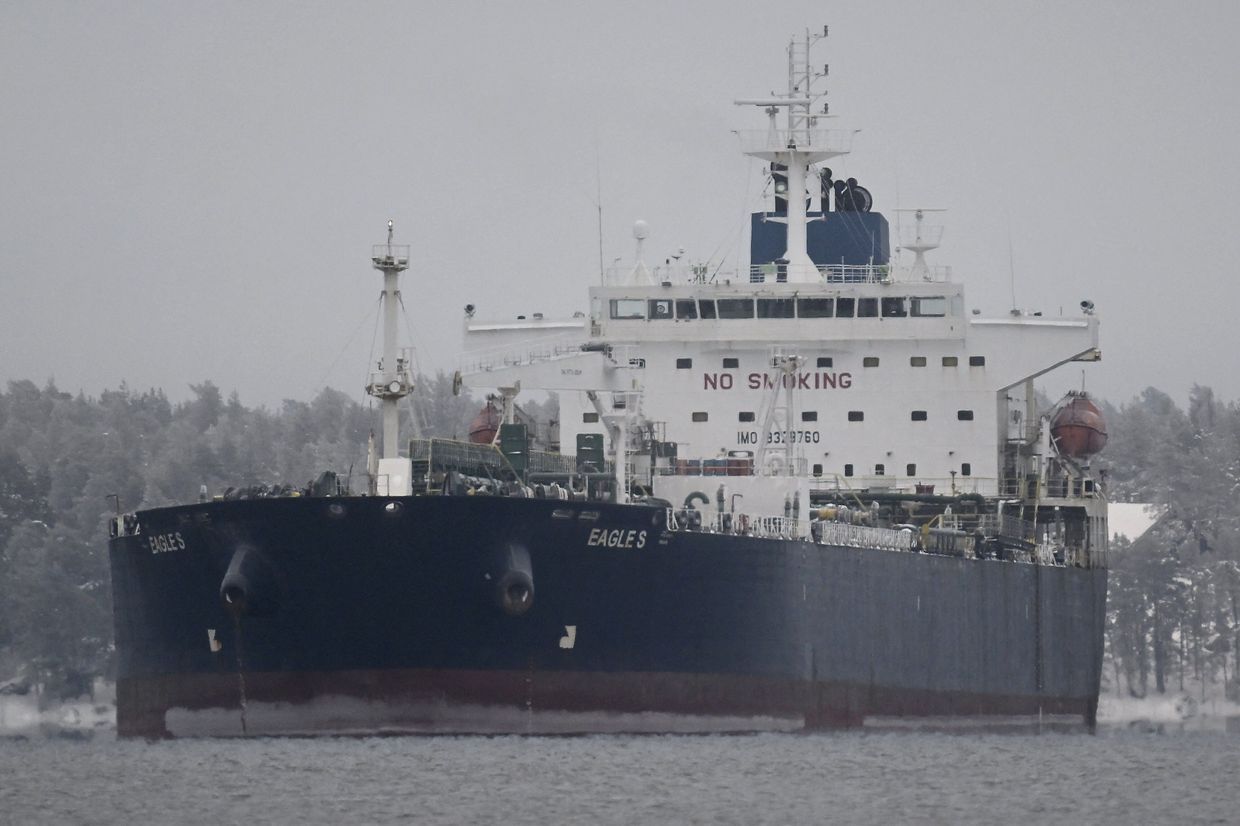Russian sensors found tracking UK nuclear submarines, Sunday Times reports

Russian sensors, believed to be part of an effort to spy on the U.K.'s nuclear submarines, have been discovered concealed in the waters surrounding Britain, the Sunday Times reported on April 5.
The U.K. military has discovered several of these sensors after they washed ashore, with more identified by the Royal Navy. These devices are believed to have been planted by Moscow in an effort to gather intelligence on the U.K.’s four Vanguard submarines, which carry nuclear missiles as part of Britain’s continuous at-sea deterrent.
"There should be no doubt, there is a war raging in the Atlantic. This is a game of cat and mouse that has continued since the ending of the Cold War, and is now heating up again. We are seeing phenomenal amounts of Russian activity," senior serving British military official told the Sunday Times.
The country's Defense Ministry (MoD) has kept details about the discovery secret, and the Sunday Times decided not to publish information on the sensors' locations.
Russia’s underwater surveillance efforts have extended beyond sensors. The Sunday Times investigation reveals that unmanned Russian vehicles have been found near deep-sea communications cables, and there is credible intelligence suggesting that superyachts owned by Russian oligarchs may have been used for underwater reconnaissance.
The MoD has also discovered other sensors on the sea bed, raising concerns about Russia’s ability to monitor the movements of the U.K.’s nuclear submarines. While the U.K. has ramped up its surveillance efforts, senior military figures stress the need for further investment in underwater defense capabilities.
The investigation suggests that Russia’s military program, particularly its deep-sea research vessel Yantar, poses a significant threat to Britain’s critical underwater infrastructure. The Yantar, equipped with unmanned underwater vehicles (UUVs) and mini-submarines, has been spotted near vital internet cables and data centers.
According to Royal Navy sources, the Yantar’s presence in U.K. waters signals Russia’s escalating efforts to infiltrate vital communication lines and military cables.
The U.K.’s response includes the deployment of the RFA Proteus, a deep-sea surveillance vessel, tasked with countering Russian threats in domestic waters. The Proteus, operational since 2023, is the only surface ship capable of patrolling the deep-sea areas where Russia’s most advanced threats, such as nuclear-powered mini-submarines, could be lurking.












